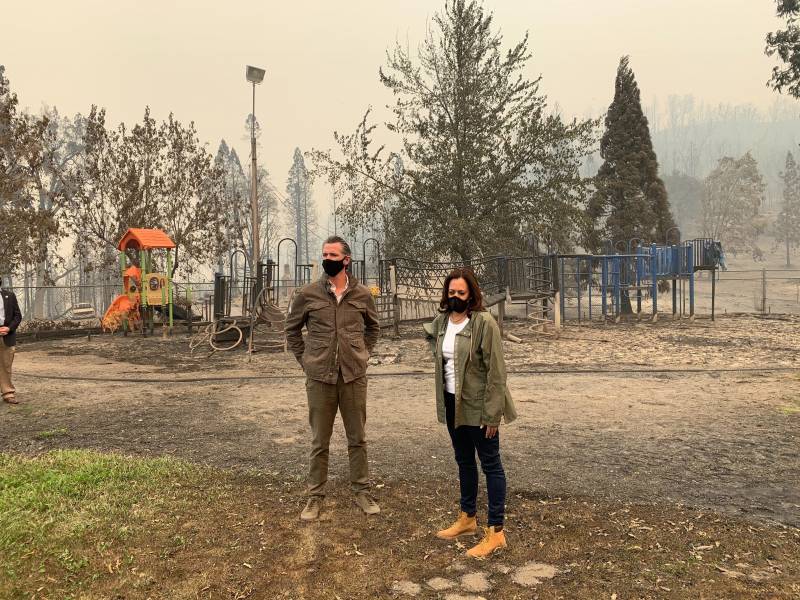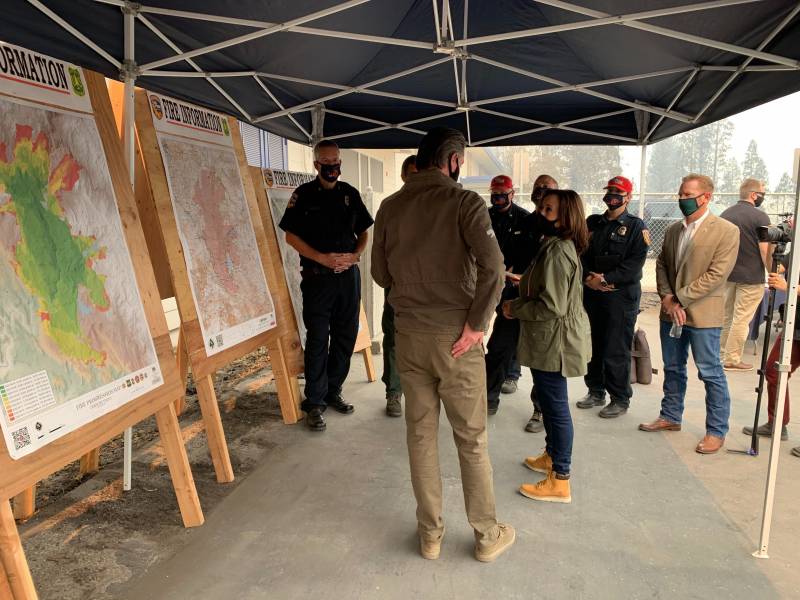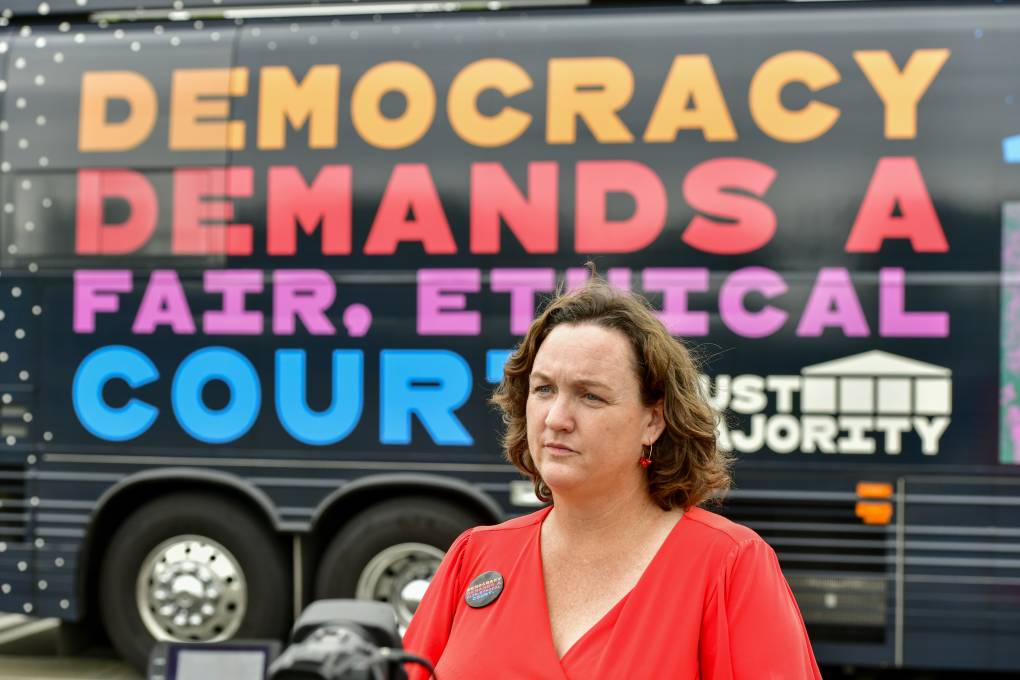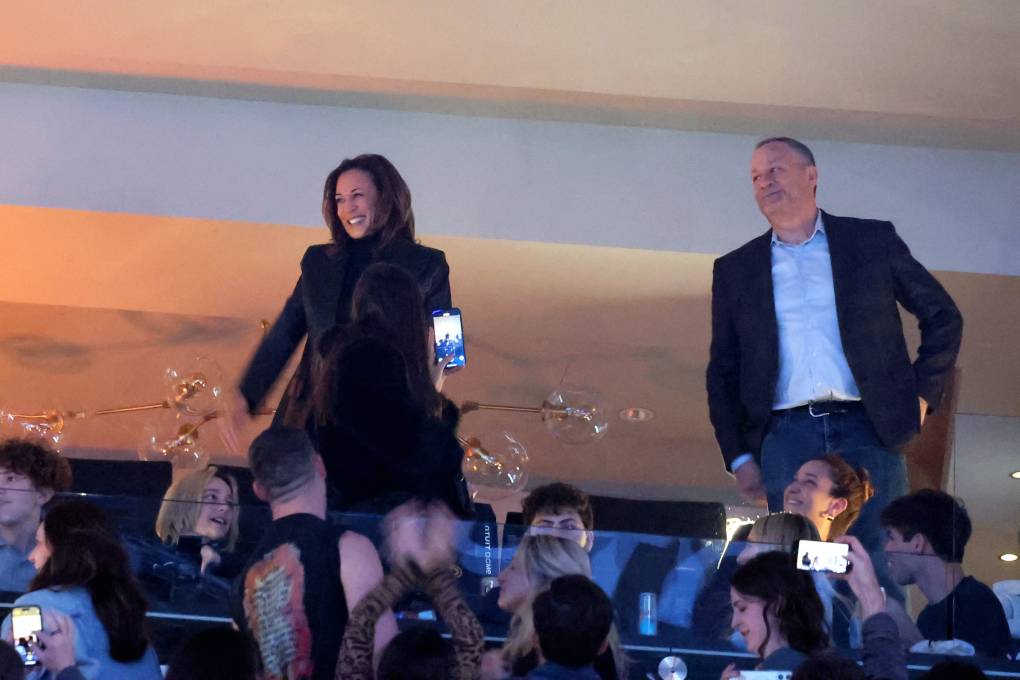Days before Kamala Harris was announced as Joe Biden's running mate, a group called We Have Her Back sent a memo to news directors, editors, reporters and others putting them on notice about their coverage of the vice presidential nominee.
"Women have been subject to stereotypes and tropes about qualifications, leadership, looks, relationships and experience," they wrote. "Those stereotypes are often amplified and weaponized for Black and Brown women."
Among the leaders of the group is Fatima Goss Graves, president and CEO of the National Women’s Law Center Action Fund. She says their goal is to watchdog media coverage that relies on racial or gender stereotypes.
"Every single day in this campaign, journalists and opinion editors should be reminded that they actually have a role to actively ensure that their reporting and their content commentary is not sexist, is not racist," Graves said.
She said unless gender and race-based stereotypes used by the media against Harris are called out, "Then it becomes OK for a lot of other people. And that's why we had to name it for what it is and continue to say we have her back."




